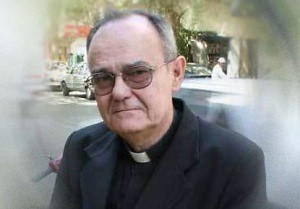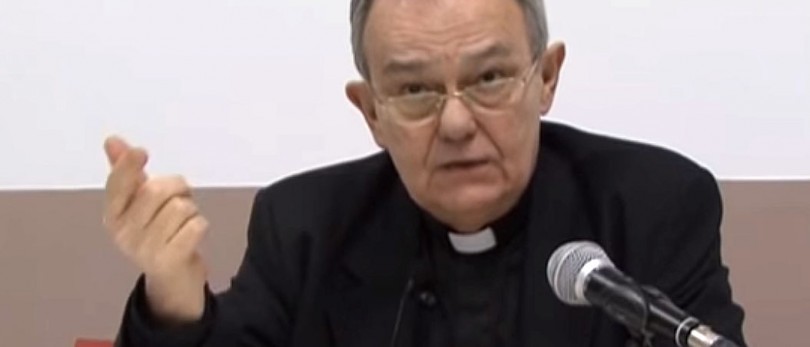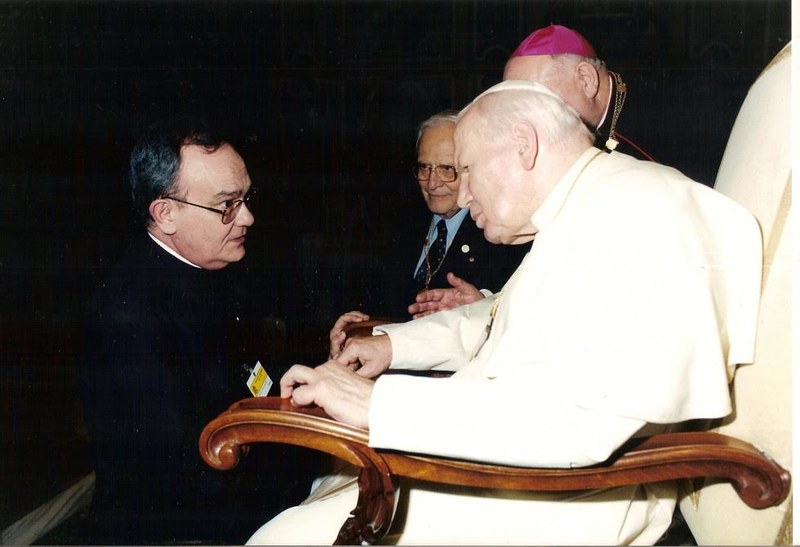Le 31 décembre 406 : invasions barbares.
Des bandes de Vandales, d'Alains et de Suèves franchissent le Rhin gelé près de Mayence. Les barbares poursuivent leur route vers le Sud-ouest et ravagent la Gaule sans rencontrer de résistance notable. L'empire Romain est incapable de réagir. Bientôt ils occupent l'Espagne et le nord de l'Afrique. Dans leurs sillages d'autres groupes de Barbares envahissent l'Europe occidentale: les Alamans, les Burgondes, les Suèves et les Francs.

Les Vandales pillant Rome, par Heinrich Leutemann (1824-1904)
Ils pillent successivement la Gaule, la Galice et la Bétique (en Espagne), l'Afrique du nord et les îles de la Méditerranée occidentale durant tout le Ve siècle de l'ère chrétienne. Ils fondent également un éphémère «royaume vandale d'Afrique», ou «royaume de Carthage»

La période des grandes invasions a bouleversé les bases du monde antique sédentaire et y met un point final : c'est la fin de l'Antiquité qui se joue entre 400 et 600.
Source: lesalonbeige.blogs.com
31 décembre 406 - Les Barbares en armes franchissent le Rhin
Le 31 décembre 406, de nombreuses bandes de barbares franchissent le Rhin. Ils profitent de ce que le fleuve, cet hiver-là, est gelé pour le traverser à pied. C'est la plus importante vague d'immigration qu'ait connue l'empire romain depuis ses origines.
Tandis que les historiens français qualifient de Grandes Invasions l'entrée en masse des Germains dans l'empire romain, via le Danube ou le Rhin, leurs homologues allemands préfèrent parler de Völkerwanderung ou « migration des peuples ».
31 décembre 406 - Les Barbares en armes franchissent le Rhin
Le 31 décembre 406, de nombreuses bandes de barbares franchissent le Rhin. Ils profitent de ce que le fleuve, cet hiver-là, est gelé pour le traverser à pied. C'est la plus importante vague d'immigration qu'ait connue l'empire romain depuis ses origines.
Tandis que les historiens français qualifient de Grandes Invasions l'entrée en masse des Germains dans l'empire romain, via le Danube ou le Rhin, leurs homologues allemands préfèrent parler de Völkerwanderung ou « migration des peuples ».
Jean-François Zilbermann

Une intégration difficile
Les premières alertes sérieuses ont débuté au milieu du IIIe siècle, avec la mort de Dèce en 251 en Pannonie, face aux Goths. C'est le premier empereur romain mort au combat en affrontant des Barbares. En 260, l'empereur Valérien est capturé par les Perses sur la frontière orientale. Dans le même temps, la Gaule, délaissée par l'administration romaine et victime d'incursions armées, se donne un empereur dissident en la personne du général Postumus... L'Empire est enfin restauré dans sa plénitude par les empereurs illyriens, à commencer par Aurélien, en 274.
Sur ordre de celui-ci, les Romains évacuent en 275 les champs Décumates, la région d'entre le Rhin et le Danube, pour raccourcir leurs lignes de défense. La Dacie (la Roumanie actuelle) est abandonnée aux Goths.
L'empire retrouve un semblant de santé. Dans le siècle qui suit, la pénétration des barbares dans le vieil empire romain se fait de façon surtout pacifique, des immigrants se faisant embaucher comme légionnaires ou comme travailleurs agricoles pour combler les vides causés par la diminution des naissances.
La montée des périls
En 376, la situation s'aggrave brutalement...
Les Wisigoths, poussés par les Huns qui arrivent des steppes de l'Asie, franchissent le Danube et demandent à l'empereur d'Orient Valens le droit de s'installer dans l'empire comme « fédérés » (en quelque sorte des alliés ou des supplétifs). L'empereur ne peut faire autrement que d'accepter. Il leur concède le droit d'asile, leur offre la Mésie (la Bulgarie actuelle) et, lui-même étant arien, les encourage à se convertir à cette forme de christianisme. Mauvaise idée : cela va rendre plus difficile le ralliement des Barbares à l'empire, majoritairement catholique.
En attendant, les Barbares ne tardent pas à se soulever pour protester contre les exactions des fonctionnaires romains. Valens est tué en les affrontant sous les murs d'Andrinople le 9 août 378. Son successeur Théodose 1er concède aux Wisigoths la Mésie à titre définitif et à leurs alliés Ostrogoths la Pannonie (la Hongrie actuelle) avec le droit de conserver leurs lois et leurs armes.
Une invasion en masse
Les Germains en profitent pour franchir le Rhin et pénètrer en armes dans l'empire romain. Ils ne rencontrent plus guère de résistance.
L'empire a été divisé dix ans plus tôt entre les deux fils de Théodose 1er. Sur l'Occident (capitale : Ravenne) règne Honorius et sur l'Orient (capitale : Constantinople) Arcadius. Avant de mourir, Théodose a confié la tutelle des jeunes empereurs au général Stilicon, fils d'un officier vandale rallié à Rome ! Celui-ci maintient tant bien que mal l'ordre dans l'empire mais il sera assassiné sur ordre d'Honorius le 23 août 408...
Dès lors, les provinces, au nombre d'une centaine, échappent peu ou prou à l'autorité centrale. Le pouvoir est partagé au niveau local entre les généraux (chefs militaires), les vicaires (représentants de l'empereur) et les évêques (chefs religieux).
Les nouveaux-venus s'installent là où ils peuvent et font souche. On évalue leur nombre à 400.000 environ, dont 100.000 guerriers. Parmi eux un quart de Francs Ripuaires, presque autant de Vandales et de Burgondes, des Alains etc.
L'empire romain d'Occident dans lequel ils pénètrent compte pas moins de 25 millions d'âmes mais il n'est défendu que par une poignée de soldats professionnels guère motivés : 136.000 limitanei ou soldats des frontières, en grande majorité des Germains mal dégrossis, et 113.000 comitatenses ou soldats de l'intérieur, encore moins combatifs que les précédents.
Malgré la disproportion des effectifs, les envahisseurs n'ont donc pas de peine à s'enfoncer jusqu'aux extrémités de l'empire et à s'y établir des principautés. De la Gaule, une partie d'entre eux, les Vandales, passent en Espagne et atteignent même le territoire de l'actuelle Tunisie.
Les invasions barbares au Ve siècle
Cliquez pour agrandir

Dès le IIIe siècle, les Romains se montrent impuissants à contenir l'invasion des Germains. Ces derniers sont eux-mêmes poussés en avant par les Huns.
Mais ces derniers ne font qu'une apparition dans l'empire romain à l'agonie, tandis que s'y installent définitivement les envahisseurs germains, donnant souvent le nom de leur tribu à un pays ou une province : Alamans (Allemagne),Burgondes (Bourgogne), Francs (France), Lombards (Lombardie), Vandales(Andalousie)...
Mais ces derniers ne font qu'une apparition dans l'empire romain à l'agonie, tandis que s'y installent définitivement les envahisseurs germains, donnant souvent le nom de leur tribu à un pays ou une province : Alamans (Allemagne),Burgondes (Bourgogne), Francs (France), Lombards (Lombardie), Vandales(Andalousie)...


